I'm experimenting with more cost effective ways to deploy my Rails apps, and went through the Ruby Starter Projects to get a feel for Google Cloud Platform.
It's almost perfect, and certainly competitive on price, but I can't figure out how to automatically delete old deployed version instances after redeploying.
ie: let's say I have one version of each instance running:
And then I make a change to my app and redeploy with:
$ gcloud preview app deploy app.yaml worker.yaml --promote
So now I have two versions of each instance deployed (as Google switches between them intelligently, I'd assume):
But now what? Will these instances ever turn off by themselves? The best way I've found of getting rid of them so far is from the tutorial's Deleting the project page:
Deleting app versions
You can find the list of your app versions in the Versions page. To delete the non-default versions, select the check boxes and then click Delete.
Is everyone on Google App Engine just manually deleting the old deployments of their apps?


